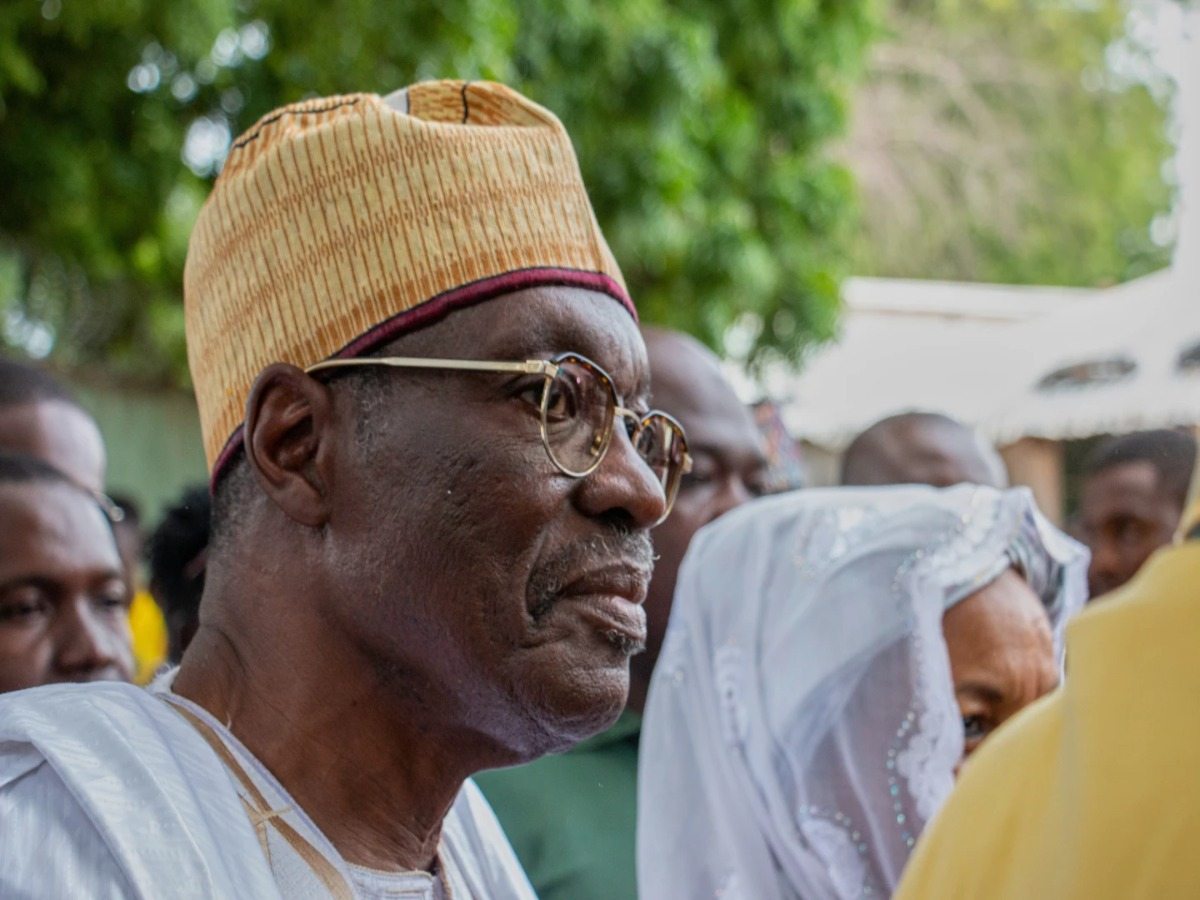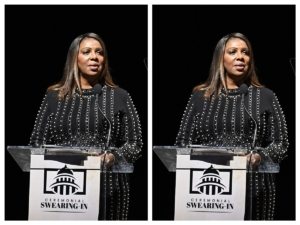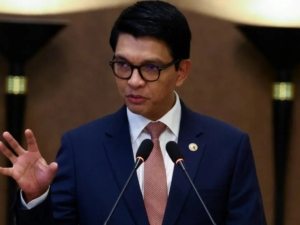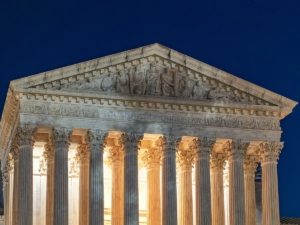Cameroon’s tense political climate intensified Tuesday after opposition leader Issa Tchiroma Bakary declared himself the winner of the October 12 presidential election and urged longtime president Paul Biya to concede.
In a video message posted to Facebook, Tchiroma insisted that the results favored him and called on Biya, who has ruled Cameroon for more than forty years, to “accept the truth of the ballot box” rather than “plunge the country into turmoil.”
Neither Elections Cameroon, the body overseeing the vote, nor the Constitutional Council has released official results. Authorities have until October 26 to make the announcement.
Biya’s Cameroon People’s Democratic Movement swiftly rejected Tchiroma’s declaration. Party official Gregoire Owona reportedly said the opposition candidate “did not win” and lacked verified data from polling stations.
READ ALSO: At 92, Paul Biya launches campaign to extend 43-year rule in Cameroon’s presidential race
Tchiroma, however, maintained that his campaign’s count confirms his victory and said he will soon publish a region-by-region breakdown of the results.
The announcement comes despite government warnings. Territorial Administration Minister Paul Atanga Nji said last week that anyone releasing election results independently of the Constitutional Council would be committing “high treason.”
Tchiroma, 76, previously served as Biya’s employment minister and government spokesperson before resigning last year to announce his presidential bid. His campaign attracted strong backing from a coalition of smaller parties and civic groups, making him the most visible challenger to Biya in years.
Analysts had widely expected Biya, 92, to retain power. The opposition remained fragmented after several parties failed to unite behind a single candidate, and one of Biya’s most prominent rivals was disqualified from the race in August.
Cameroon’s presidential contest, decided by a single-round, first-past-the-post system, saw 11 opposition candidates on the ballot. Roughly 8 million people were eligible to vote.
Biya, Africa’s oldest sitting president, has led the Central African nation since 1982, becoming only the second head of state since independence from France in 1960. His tenure has been marked by persistent corruption, economic stagnation, and a violent separatist conflict in the country’s western regions.
In the last election in 2018, opposition candidate Maurice Kamto similarly claimed victory before official results were released. He was later detained after Biya was declared the winner with more than 70 percent of the vote in an election marred by low turnout and reports of irregularities.










